Provenance – Annely Juda Fine Art (label verso) Sotheby’s June 2006 – 20th Century British Art (labels verso) Personal Collection of Jonathan Grimble Image 24" x 19.5". Framed 28.5" x 24.5" Prunella Clough is widely appreciated as one of the most significant British artists of the post-war period; she was described by Bridget Riley as ‘unmistakably a modern painter.’ Clough’s work is distinctive and private and yet always responsive to what was going on around her. Having worked as a cartographer during the second World War, she developed a visual language for the changing boundaries between rural and urban in her paintings, drawing inspiration from industrial wastelands. Her early work is characterised by the subject of labour and the urban landscape, finding beauty in overlooked environments. Towards the end of her life, Clough became regarded largely as an abstractionist, but her work always retained a figurative base. In her late paintings, she incorporated the found detritus of advanced capitalism into a language of minimalist abstraction. In 1999, three months before her death, she won the Jerwood painting prize. Clough was born in London and studied at Chelsea School of Art. In 2007 she had a major retrospective exhibition at Tate Britain, London and in 2019 on the centenary of her birth, a retrospective of her work was shown at Pallant House Gallery. Her work is held in major collections, including Tate, London; Courtauld Gallery, London; the Government Art Collection; the Ashmolean Museum, Oxford, and Art Gallery of New South Wales, Sydney.
Provenienza - Annely Juda Fine Art (etichetta sul retro) Sotheby's giugno 2006 - 20th Century British Art (etichette sul retro) Collezione personale di Jonathan Grimble Immagine 24" x 19,5". Prunella Clough è ampiamente apprezzata come una delle più significative artiste britanniche del dopoguerra; è stata descritta da Bridget Riley come "inconfondibilmente una pittrice moderna" Il lavoro di Clough è distintivo e privato, ma sempre sensibile a ciò che accadeva intorno a lei. Avendo lavorato come cartografa durante la seconda guerra mondiale, ha sviluppato un linguaggio visivo per i mutevoli confini tra rurale e urbano nei suoi dipinti, traendo ispirazione dalle aree industriali dismesse. I suoi primi lavori sono caratterizzati dal tema del lavoro e del paesaggio urbano, trovando la bellezza in ambienti trascurati. Verso la fine della sua vita, Clough è stata considerata in gran parte un'astrattista, ma il suo lavoro ha sempre mantenuto una base figurativa. Nei suoi ultimi dipinti, incorporò i detriti trovati del capitalismo avanzato in un linguaggio di astrazione minimalista. Nel 1999, tre mesi prima della sua morte, vinse il premio Jerwood per la pittura. Clough è nata a Londra e ha studiato alla Chelsea School of Art. Nel 2007 le è stata dedicata un'importante mostra retrospettiva alla Tate Britain di Londra e nel 2019, in occasione del centenario della sua nascita, è stata allestita una retrospettiva delle sue opere alla Pallant House Gallery. Le sue opere sono conservate in importanti collezioni, tra cui la Tate di Londra, la Courtauld Gallery di Londra, la Government Art Collection, l'Ashmolean Museum di Oxford e l'Art Gallery of New South Wales di Sydney.
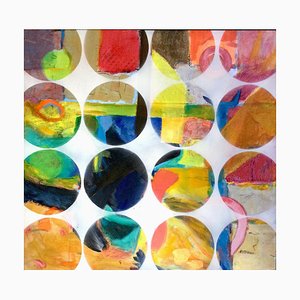
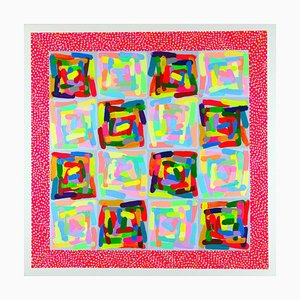
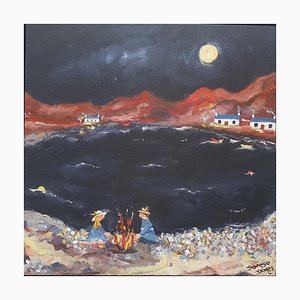
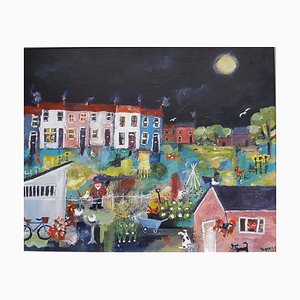
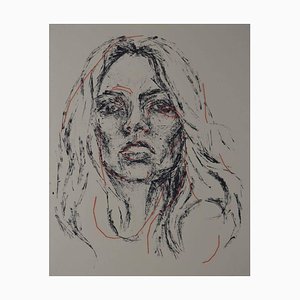
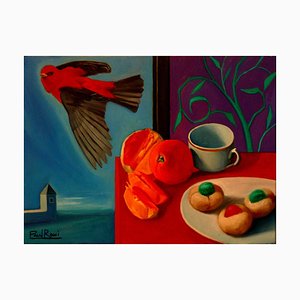

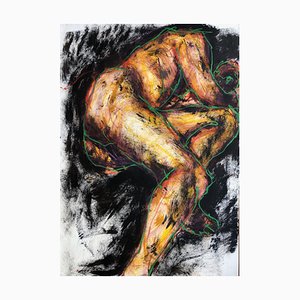
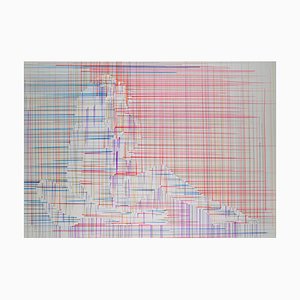
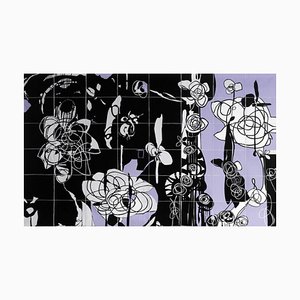
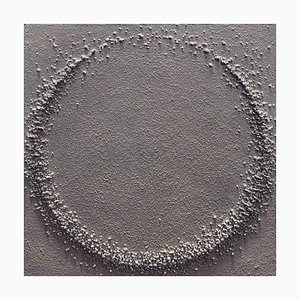
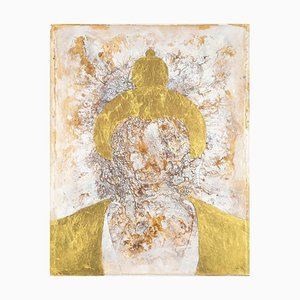
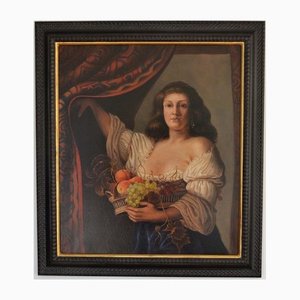
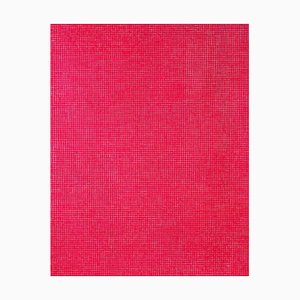
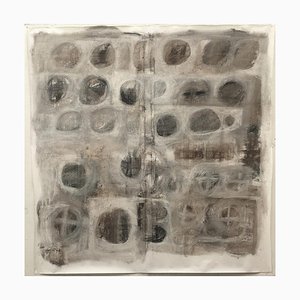
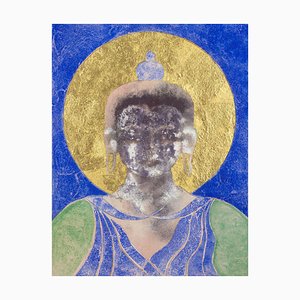
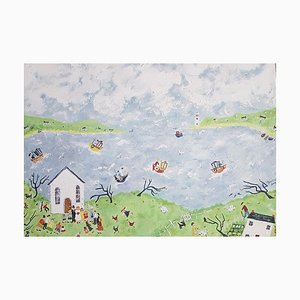
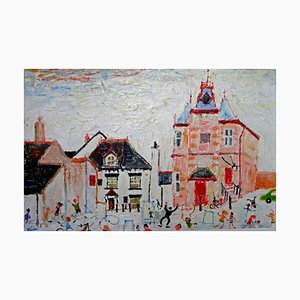
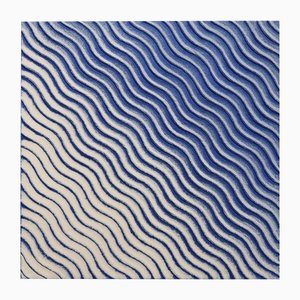
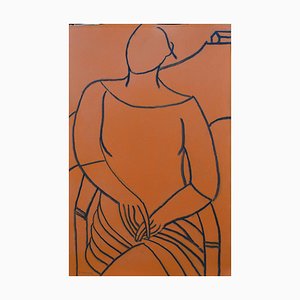
Contattaci
Fai un'offerta
Abbiamo notato che sei nuovo su Pamono!
Accetta i Termini e condizioni e l'Informativa sulla privacy
Contattaci
Fai un'offerta
Ci siamo quasi!
Per seguire la conversazione sulla piattaforma, si prega di completare la registrazione. Per procedere con la tua offerta sulla piattaforma, ti preghiamo di completare la registrazione.Successo
Grazie per la vostra richiesta, qualcuno del nostro team vi contatterà a breve.
Se sei un professionista del design, fai domanda qui per i vantaggi del Programma Commerciale di Pamono